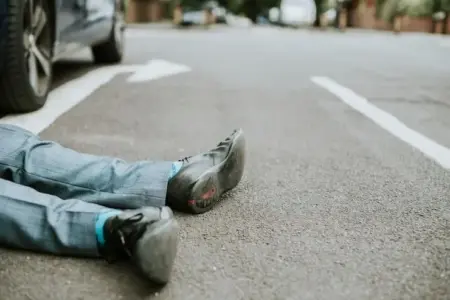Car accidents are stressful enough without the added complication of the at-fault driver lacking insurance. Despite laws requiring coverage, many drivers still get behind the wheel uninsured. Victims can wonder how they’ll recover medical expenses, lost wages, or vehicle repair costs when an accident happens.
Fortunately, legal paths exist, even when the responsible party doesn’t carry insurance. Most drivers have liability insurance as state law requires, but not everyone complies. This leaves others on the road vulnerable, especially when serious injuries are involved.
Victims often end up paying out of pocket or dealing with delays as they try to secure compensation. In these cases, it helps to understand your rights and the available legal routes for uninsured car accident claims.
Filing a Claim Under Your Policy
One of the first places to look is your auto insurance. Many states require insurers to offer uninsured motorist (UM) coverage. If you opt into this coverage, your insurer may cover medical bills, lost income, and other costs.
If the other driver has insurance but cannot cover your damages fully, you may be eligible for underinsured motorist (UIM) coverage. You must notify your insurer of the accident immediately and include accurate documentation, such as a police report and medical documents.
Your insurer will investigate the claim much like it would if the at-fault driver were covered. You’re negotiating with your company, which doesn’t always guarantee a smooth process.
Suing the Uninsured Driver
The uninsured driver may also be the target of a direct lawsuit. The driver’s financial status frequently determines this route. Should the judgment be successful, a payment plan or wage garnishment may result if the individual has assets.
However, collecting the full amount can be difficult if the driver has limited resources.
Still, a court ruling can serve as an official record of fault and may influence other potential claims or proceedings. This option is more common when substantial damages and other compensation avenues are unavailable.
Exploring State Resources and Victim Compensation Funds
Some states have programs or funds designed to help victims of uninsured drivers, though these tend to be limited. These resources might offer partial compensation for medical bills or funeral expenses.
Qualification often depends on showing that all other options have been explored and exhausted. This is more common in states with higher rates of uninsured motorists. It’s worth checking whether your state supports this kind of award, though the amounts awarded are usually modest and may not cover all losses.
Final Thoughts
A life-changing accident can be overwhelming after an uninsured driver accident, but it’s not a dead end. Whether through your uninsured motorist coverage, a lawsuit, or state assistance programs, there are still ways to recover damages.
The key is to know your rights, act quickly, and keep thorough records. While it may take time and persistence, legal remedies do exist to help offset medical bills, lost income, and other losses.
If you’re unsure about your coverage or next steps, reviewing your policy and exploring available options will give you a better understanding of your options after the accident.







